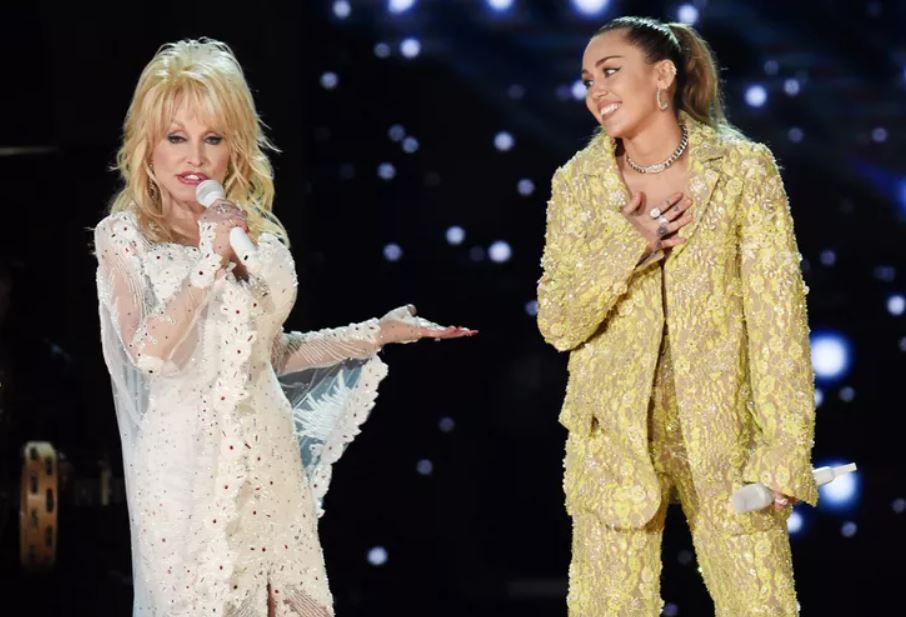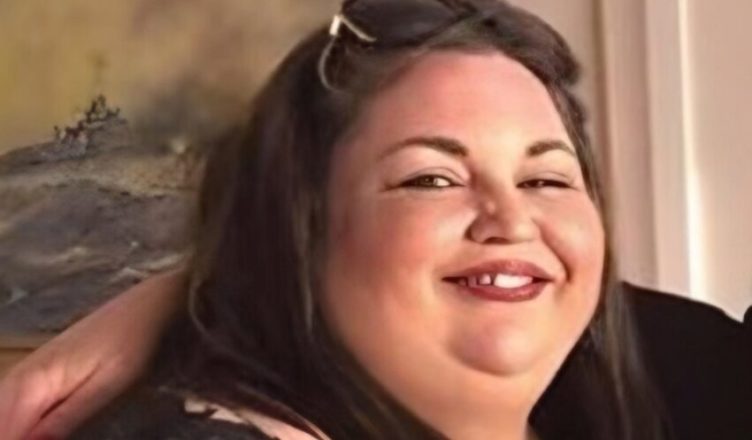“When will it end?” wrote first-grade teacher Melissa Tempel on Twitter after the Waukesha, Wisconsin school board banned rainbow-themed songs from an upcoming concert

A Wisconsin first-grade teacher is speaking out after multiple rainbow-themed songs were vetoed from her students’ spring concert.
Melissa Tempel, a dual language teacher at Heyer Elementary, called out the Waukesha County board of education on Tuesday over the decision to ban the song “Rainbowland” by Miley Cyrus and Dolly Parton, as well as the Muppet Movie classic “Rainbow Connection.”
“My first graders were so excited to sing ‘Rainbowland’ for our spring concert, but it has been vetoed by our administration. When will it end?” wrote Tempel on Twitter.
School District of Waukesha Supt. James Sebert did not immediately respond to PEOPLE’s request for comment.
Tempel also shared lyrics from the 2017 collab featured on Cyrus’ sixth studio album Younger Now, which include: “Living in a Rainbowland / The skies are blue and things are grand / Wouldn’t it be nice to live in paradise / Where we’re free to be exactly who we are.”
“Let’s all dig down deep inside / Brush the judgment and fear aside,” the song continues. “Make wrong things right / And end the fight / ‘Cause I promise ain’t nobody gonna win (come on).”
Although Tempel said she was told that the song was banned because Cyrus, 30, “is controversial,” she “thought for sure” the decision had to do with Parton’s popularity with drag queens and the LGBTQ community.
“Oh well, I can’t stop my students if they still sing ‘Rainbowland.’ It’s a fun, catchy song!” she wrote.
On Thursday, Tempel gave an update that “Rainbow Connection” was unbanned thanks to emails from parents and local group Alliance for Education. “I don’t know where I’d be without them,” she wrote.
Becky Gilligan of the Alliance for Education tells PEOPLE in a statement that the organization “continues to advocate for our community,” adding: “This is the most recent decision by a school district administration intent on stifling the diversity and denying equality to the community it serves, further ostracizing Waukesha in the eyes of the nation.”

Sarah Schindler, whose daughter is in Tempel’s class, told the Los Angeles Times that the school board went through a “conservative flip” in recent years due to local outcry over COVID-19 policies.
“With that have come some policy changes that have been causing some controversy in our community,” said Schindler. “One of those is a controversial topic policy saying that teachers can’t have any kind of signage that could be deemed political. … Discussion of pronouns with students was another thing that came up. And teachers aren’t allowed to wear rainbows.”
According to the School District of Waukesha’s nondiscrimination statement, it “does not discriminate in its admissions, programs, activities, services or employment” on any basis prohibited under federal law, explicitly including “sexual orientation” in its list of protected groups.
After Florida Gov. Ron DeSantis signed H.B. 1557, largely scrutinized as the “Don’t Say Gay” bill, into law last March, many states have adopted similar pieces of legislation making it illegal for teachers to discuss topics related to sexual orientation and gender identity with students.
As of last month, a record 340 pieces of anti-LGBTQ legislation have been introduced across the United States in 2023, according to the Human Rights Campaign.




